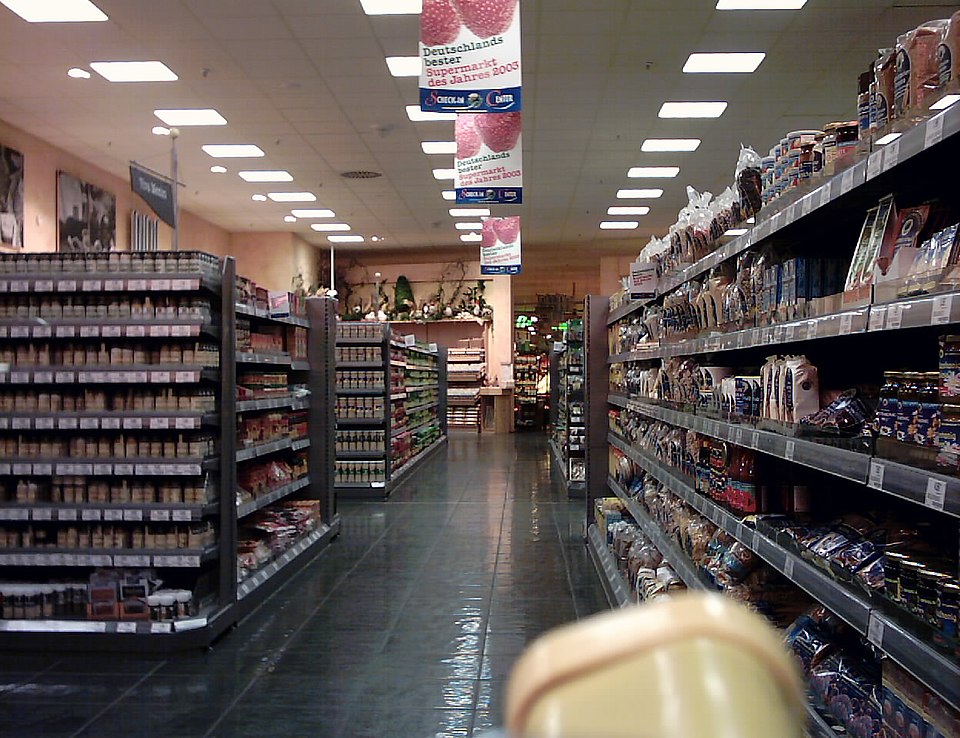
Grocery price inflation in Britain edged up to 3.8% in April, according to industry data released on Tuesday, adding more strain on consumers already facing higher energy, water, and council
tax bills.
The increase, measured over the four weeks to April 20, was up from 3.5% reported last month and significantly higher than the 1.4% seen in October, the lowest reading in recent months, market researcher Kantar said.
Total grocery sales rose 6.5% during the period, boosted by the later timing of Easter. Kantar noted that supermarkets were increasingly cutting prices and offering more promotions to drive growth.
Asda, the UK’s third-largest food retailer, announced last month it would absorb a hit to its profits in order to fund price cuts. This move to regain market share prompted warnings from Tesco, the UK’s largest grocer, and Sainsbury’s, the second largest, that a potential price war could impact their profits.
"The grocers have been sharpening their pricing strategies to stay competitive in the fight for footfall," said Fraser McKevitt, head of retail and consumer insight at Kantar.
While Asda remained the weakest performer among major retailers, its 3.8% year-on-year sales decline in the 12 weeks to April 20 was an improvement over the 5.6% fall recorded the previous month.
Among brick-and-mortar stores, discount retailer Lidl was the standout performer, with a 10.1% increase in sales year-on-year. Tesco’s sales rose 6%, while Sainsbury’s reported a 4.4% gain.
Separately, the British Retail Consortium (BRC) warned of potential further price increases, citing rising industry costs, including a new packaging levy due to come into effect in October.
According to BRC’s latest survey, food price inflation in the UK jumped to 2.6% in April, marking its highest level in nearly a year. Photo by Rob, Wikimedia commons.




































